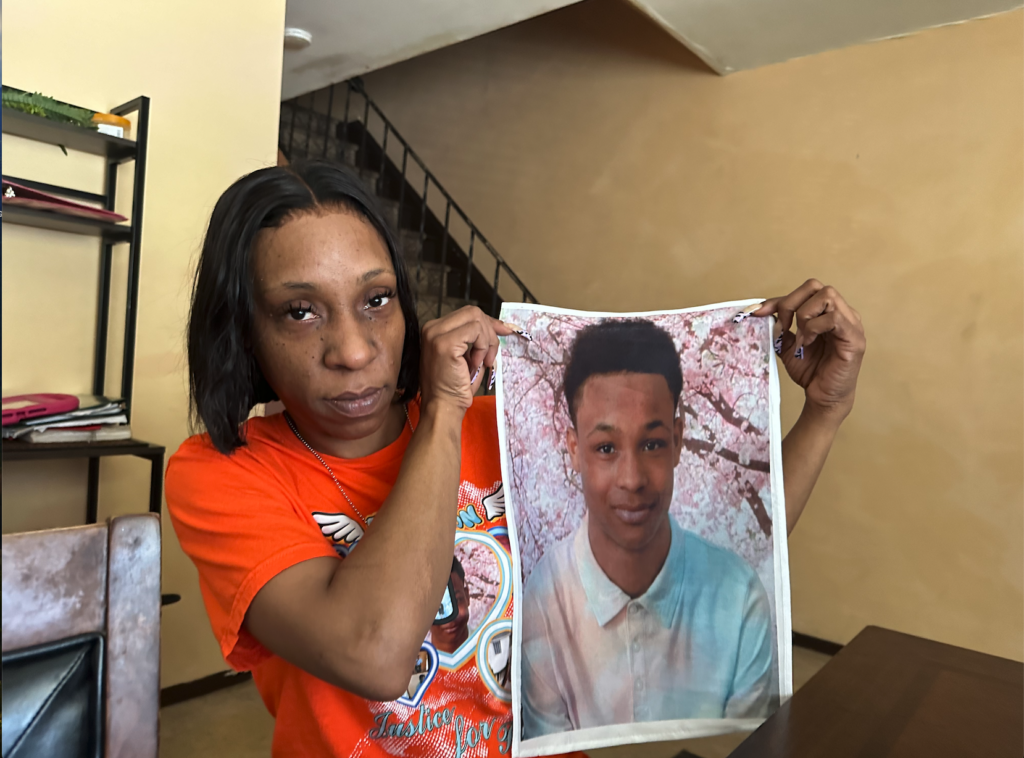Guest Spot: Five reasons to be vaccinated, two not to

The old question — ‘Should I get vaccinated?’ — has become more urgent during this pandemic. I‘ve grappled with this question, and as a physician, have weighed the pros and cons.
Vaccines work based on the adaptive immune responses of our bodies. That system has the ability to sense microbes (viruses), turn them into antigens (viral proteins) and then use that antigen to trigger immune cell production of antibodies that fight off invasions and remember that microbe for a length of time.
The coronavirus (SARS-CoV-2), a single-stranded RNA, is a microbe with a viral genome that can be turned into countless numbers of antigens. This serves to overwhelm our immune system, causing a kind of storm manifesting itself as coronavirus disease — COVID-19.
How can we prepare for this onslaught? By using our immune system’s innate ability to recall and stockpile defensive weapons called antibodies.
Since we know that RNA makes protein, we then know the function of a vaccine that will instruct our cells to make a “viral spike protein.” Our immune system will in turn recognize this spike protein as a foreign antigen and trigger the cascade of protection.
As opposed to prior vaccines, this is new, cutting-edge technology, never before rolled out. It is mind-blowingly fascinating, a work of genius. No longer do we need to collect and grow billions of microbes to make vaccines. We are now in an era of, “Here! Make it yourself!”
What is comforting is that our DNA remains nicely tucked up and untouched inside the nucleus of our cells while our cellular cytoplasm works hard at ramping up our protection.
Despite the published science, concerns for safety abound. To survive in society, some level of skepticism needs to be relinquished, and trust in science must win, but these fears still need to be addressed with answers based in fact.
So, what are some of these fears?
How was the vaccine created in such a short period of time? Multiple stages, which typically occur consecutively, were funded by the government to occur simultaneously. This is unusual. Pharmaceutical companies aren’t usually willing to spend funds on the next step until the current step is met with approval, but with government funds handy, why wait to ramp up the next step? Operation Warp Speed dedicated efforts and funding to make this dream a reality. Therefore, while one process was in the works, the subsequent step was simultaneously being performed — despite the risk of complete failure. No time was lost to the usual reams of red tape.
Does it change my DNA? Our cells are comprised of a nucleus surrounded by cytoplasm with our DNA being housed inside the nucleus. The active element of the vaccine does its work solely in the cytoplasm of the cell and does not cross the nuclear membrane where the DNA resides. If the coronavirus is anything like the influenza RNA virus, the virus itself is in and out of our nucleus with fully unchecked access to our entire cellular content.
Are those nanoparticles safe? Although I imagined these particles as little robots from the Will Smith’s movie “I, Robot,” they are actually fat-covered ultra-fine matter used as shuttle-buses to get the messenger RNA, or mRNA, into the cell’s cytoplasm. It’s what viruses use to target our cells and what the vaccine now uses to fight back. Paclitaxel, a current breast-cancer treatment, was FDA approved in 2005. It uses nanotechnology. So has multiple other chemotherapies since. The term is now trending, but the technology is not new and it’s safety has so far passed the test.
Who wants to be a guinea pig? We can answer on an individual level or view a bigger picture. This is a vaccine against a deadly global pandemic that has not gotten to you — yet. You can thank others for helping to keep you safe, or you can help to keep yourself and others safe. It comes down to how altruistically you think.
Does it cause infertility? Preliminary studies touts its safety. Studies are ongoing.
My top five reasons to be vaccinated.
1. We are in a never-before-seen pandemic. It has taken over 400,000 lives in the United States and threatens the lives of millions more. We need a never-before-seen effective measure to prevent total global shutdown. Yes — it’s that serious.
2. The vaccine is effective at preventing the virus with over 91% efficacy. It’s not effective at preventing you from catching the virus, but is very good at preventing the disease.
3. The vaccine will not give you the virus or cause COVID-19. As stated above, the mRNA will teach the body to make and recognize the spike protein of the virus and use this recognition to produce antibody protection against the virus.
3. The elderly and those with multiple comorbid illness are already at a higher risk of mortality without COVID-19 raising the risk of death. As a preventative measure, this vaccine should be taken with zeal.
5. Our global economies depend on quarantine ending. I may be tired of working remotely, but many others are tired of not working at all. Restaurants, dining, concert events and socializing and can be a thing again.
My top two reasons to not be vaccinated.
1. The COVID-19 vaccine is not approved for children under the age of 16 or for pregnant or breast-feeding women. Although no data yet show adverse effects, there is not enough data to determine cause and effect.
2. You have a known severe allergic response to vaccines. That is just wisdom. Once bitten, twice shy. Don’t chance it.
Anthonette Desire, M.D., who saw patients at the Shelter Island Medical Center for several years, is an internal medicine-trained physician currently serving on the medical board of St. Charles Hospital.








